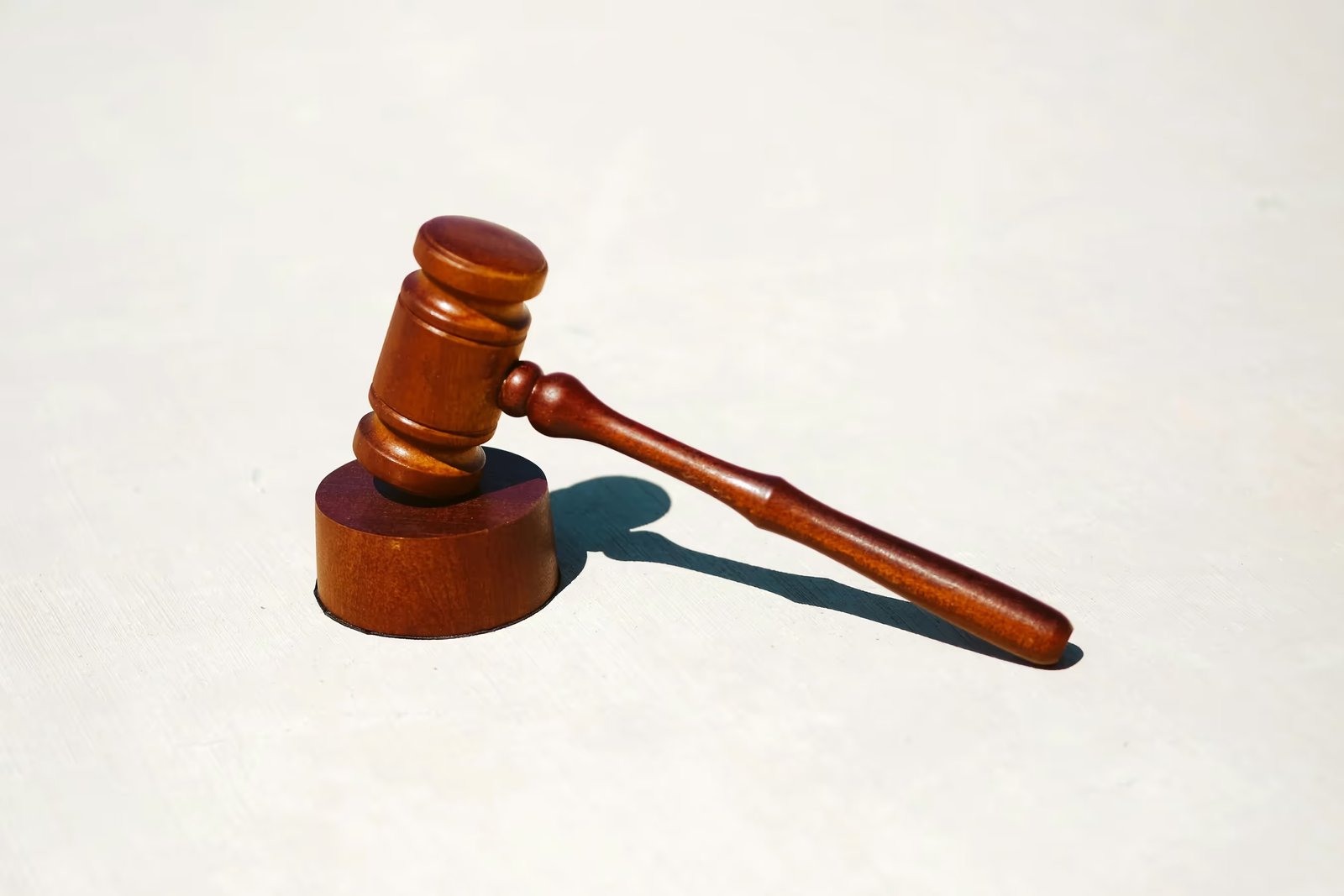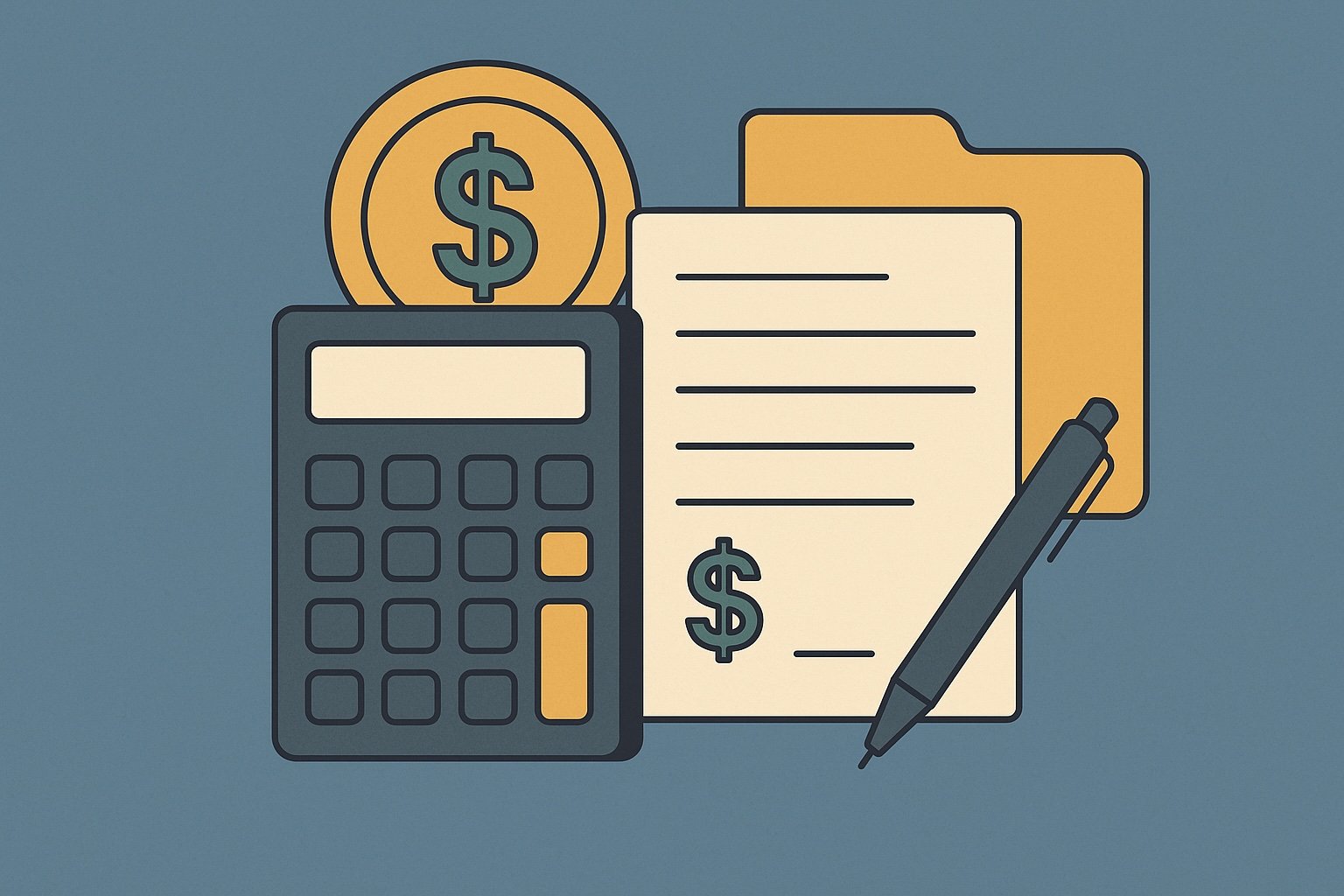Question
ARTE's Answer
When engaging in a 1031 exchange, there is no strict limit on the number of properties you can acquire as replacement properties. However, there are specific rules and guidelines you must follow to ensure the exchange qualifies for tax deferral under Section 1031 of the Internal Revenue Code.
The key factor to consider is the identification rules. There are three main approaches:
- Three-Property Rule: You may identify up to three replacement properties, regardless of their total value. This straightforward rule is often used by investors who want to keep things simple.
- 200% Rule: You may identify more than three properties as long as the total fair market value of all identified properties does not exceed 200% of the fair market value of the relinquished property.
- 95% Rule: You may identify any number of properties, but you must acquire properties that represent at least 95% of the total value of all identified properties. This rule is less commonly used due to its complexity and high threshold.
Let’s illustrate this with an example using Deferred.com as your qualified intermediary. Suppose you sold a commercial property for $1,000,000 and are looking to reinvest in new properties through a 1031 exchange. You could:
- Three-Property Rule: Identify up to three properties—e.g., a retail space ($500,000), an office building ($300,000), and a warehouse ($200,000).
- 200% Rule: Identify more than three properties, provided their total value does not exceed $2,000,000 (200% of the $1,000,000 relinquished property). For example, five properties at $400,000 each, totaling $2,000,000.
- 95% Rule: Identify any number of properties, but acquire at least 95% of their combined value. If you identify ten properties with a total value of $1,500,000, you must acquire properties worth at least $1,425,000 (95% of $1,500,000).
At Deferred.com, we facilitate your 1031 exchange by acting as your qualified intermediary, ensuring IRS compliance and guiding you through the identification rules. Our “No Fee Exchange” service can save you money, letting you focus on maximizing your investment potential. With Deferred.com, you can confidently execute your 1031 exchange, knowing we support you every step of the way.
Have more questions? Call us at 866-442-1031 or send an email to support@deferred.com to talk with an exchange officer at Deferred.
Sources
1031 Question? Ask ARTE
Deferred's AI 1031 Research Assistant is trained on 8,000+ pages of US tax law and outperforms human CPAs by 22%+
CHAT NOW
Learn More
See more frequently asked questions about 1031 exchanges








